Survey Shows MNPS Teachers Do Not Feel Safe in the Classroom
Release Date: For immediate release
MNPS TEACHERS: WE DON’T FEEL SAFE IN THE CLASSROOM
(Nashville, TN, October 30, 2020) In a survey of MNPS staff currently working in elementary and exceptional education settings, MNPS teachers overwhelmingly indicated that they did not feel safe and would strongly prefer to return to a virtual setting. The survey conducted by the Metropolitan Nashville Education Association (MNEA) included responses from 620 educators, including classroom teachers, support staff, non-classroom certificated staff such as librarians and counselors, and administrators. Responses came from 84 schools, including all 73 MNPS elementary schools, 3 early learning centers, and 3 special day schools. Responses also came from a handful of middle and high schools where exceptional education programs are continuing. Respondents included both members and non-members of MNEA.
Of those surveyed, 75% said they wanted the district to return to 100% virtual learning. Only 13 individuals, or 2%, indicated they want the district to return to 100% in-person learning. The remaining 20% was evenly split between supporting the district’s original approach of gradually phasing in grade-levels to in-person classes or keeping the current situation of elementary and exceptional education classes in-person but holding off on adding more grades until COVID numbers recede.
In addition, 60% of those surveyed said they had several concerns for their safety or did not feel safe at all in their classrooms. Only 1/3, approximately 30 of those who reported feeling “completely safe” were working 100% in their classrooms.
“Obviously this is deeply concerning,” says Amanda Kail, President of MNEA. “We have heard from so many people, like School Board Representative Fran Bush that teachers want in-person classes. But it turns out if you actually ask MNPS employees, you get the opposite answer. It is clear from the data that MNPS educators do not feel it is safe for them or their students to be in schools at this time.”
MNEA is currently advocating for all classes to return to online, and for additional support for students and families who may be struggling as a result. The teachers union has repeatedly insisted that pitting staff health and safety against students’ needs is a false choice and that the district needs to do more for both. Eighty-five percent of those surveyed agreed with that position.
Comments from the survey help explain educators’ responses. Chief among their concerns were inability to social distance, classrooms not being adequately or regularly cleaned, and students not being able to keep their masks on or stay away from their peers all day. In a typical comment, one teacher stated, “I am a 4th grade teacher in my 7th year of teaching. I currently have two in-person classes of 28 students each. These are the largest rosters I have ever had, and I have taught 4th grade every year. After buying $200+ of supplies in the last week to keep my students' materials separated but organized, it quickly became apparent that there is not enough floor tape in the world to safely navigate this situation.”
Many also expressed the constant fear of contracting the virus or spreading it to their students, colleagues, or families. A first-grade teacher shared, “It is so very stressful trying to keep these young students safe. The constant worry that I'm not doing enough or that someone could get sick is exhausting...I'm not sure how long I can continue with this level of constant anxiety.”
While the district continues to insist in-person classes are going well, comments in the survey describe chaotic environments that are not child-friendly. As one teacher stated, “Parents also need to understand school is not what it was. (Students) are not able to get up and move. My first graders are confined to their seats the entire day. They are literally so bored and checked out by our early lunch time that it's hard to get them to listen to anything. They are twirling in their seats, making noises, anything to try to entertain themselves. Parents need to understand that we are literally teaching the same content online as they are in person.”
Another teacher described it this way, "We all know that in-person learning is ideal, but how ideal is it when teachers are having to quarantine and there is no one to cover their class? How ideal is it that EE/EL students are not receiving their services because their teachers and paraprofessionals are being pulled to sub? Our most diverse learners are suffering due to being understaffed. This is not okay.”
Going forward, MNEA hopes the data will help leaders make informed decisions about whether or not to close school buildings. “We felt it was extremely important to hear directly from the educators who are actually in classrooms right now. For as much discussion as keeping school buildings open has caused, educators’ voices have been conspicuously missing. MNEA has been accused of misrepresenting teachers, but we have the data to prove otherwise. And we greatly fear the negative consequences of continuing to demonize educators for demanding their health and safety be protected. Pitting staff safety against students’ needs is a no-win situation.”
“This is the hardest we have EVER worked, and we have never felt more alone, "wrote one teacher echoing Kail’s sentiment. “Be respectful of the effort, care, and dedication we are putting into this field right now to keep students engaged and safe. Teachers need support and positivity now more than ever."
###
